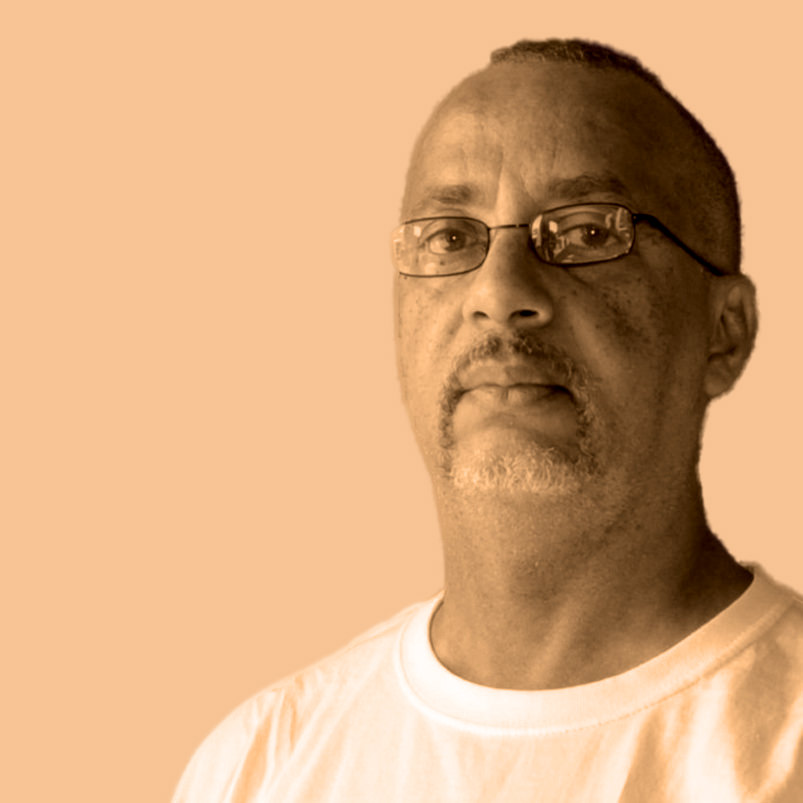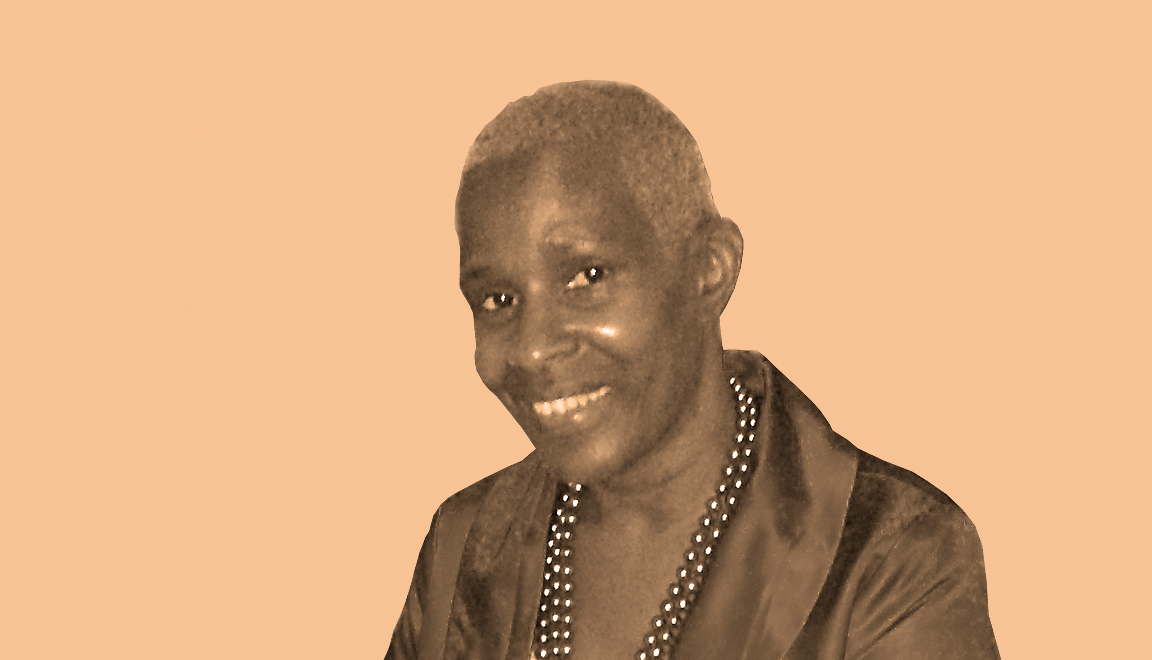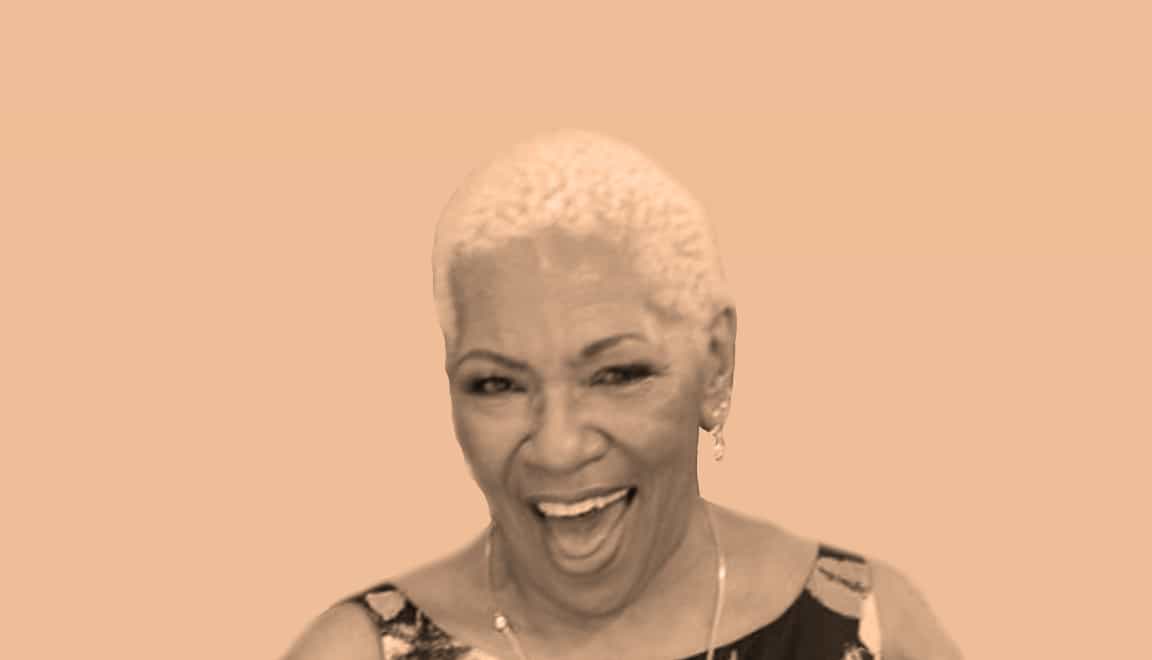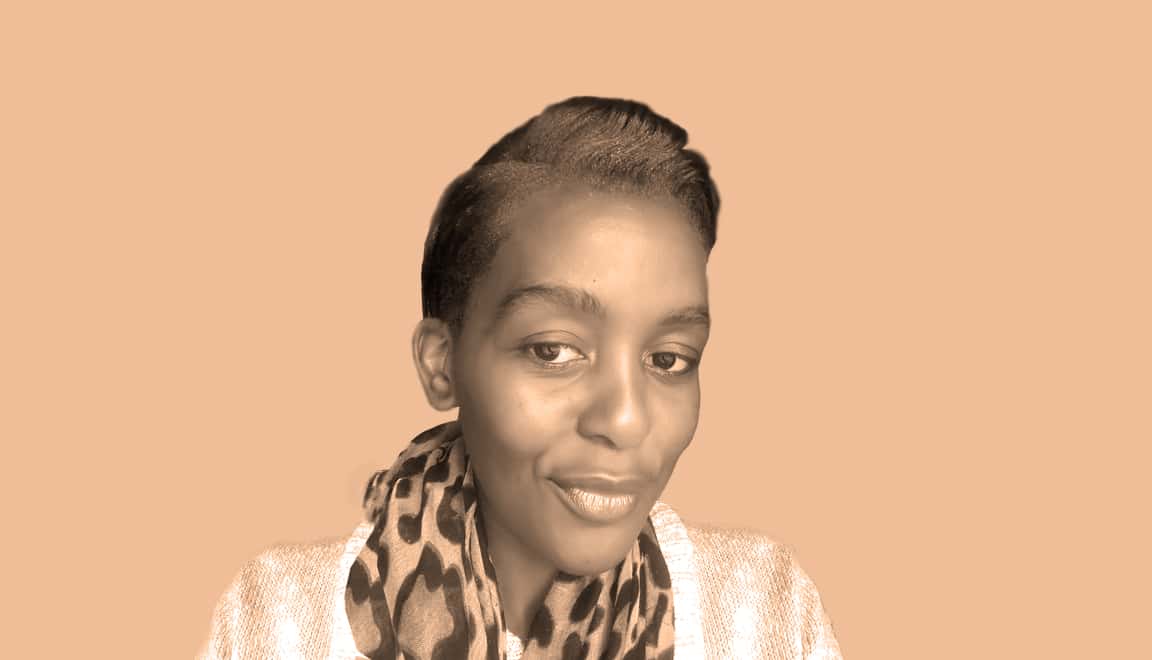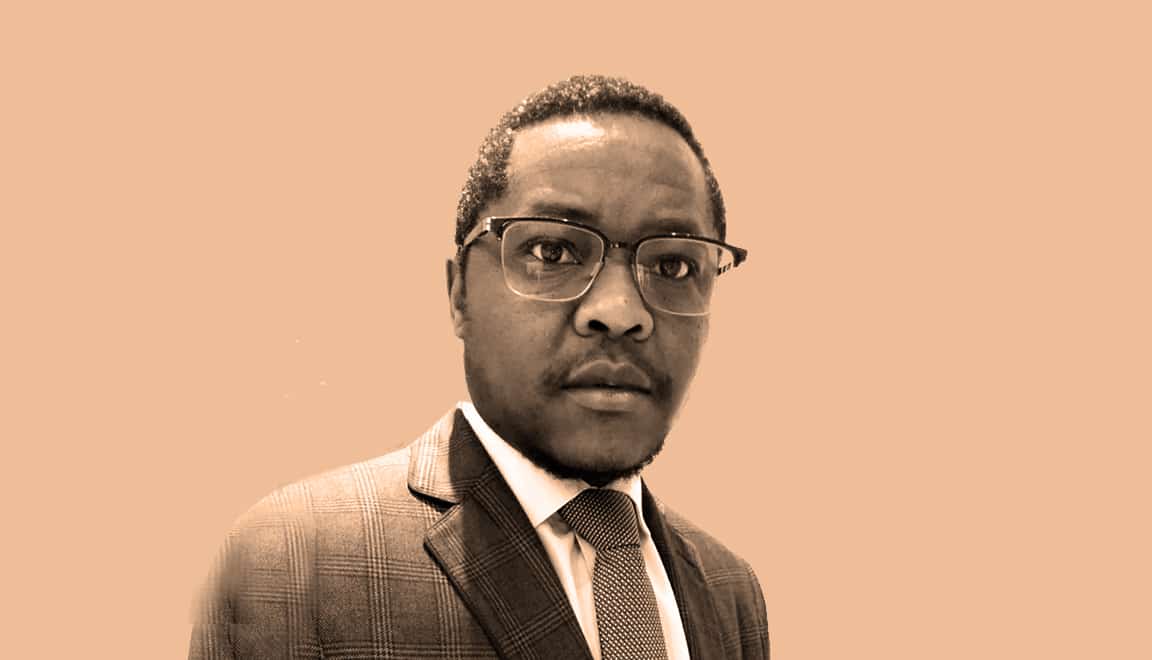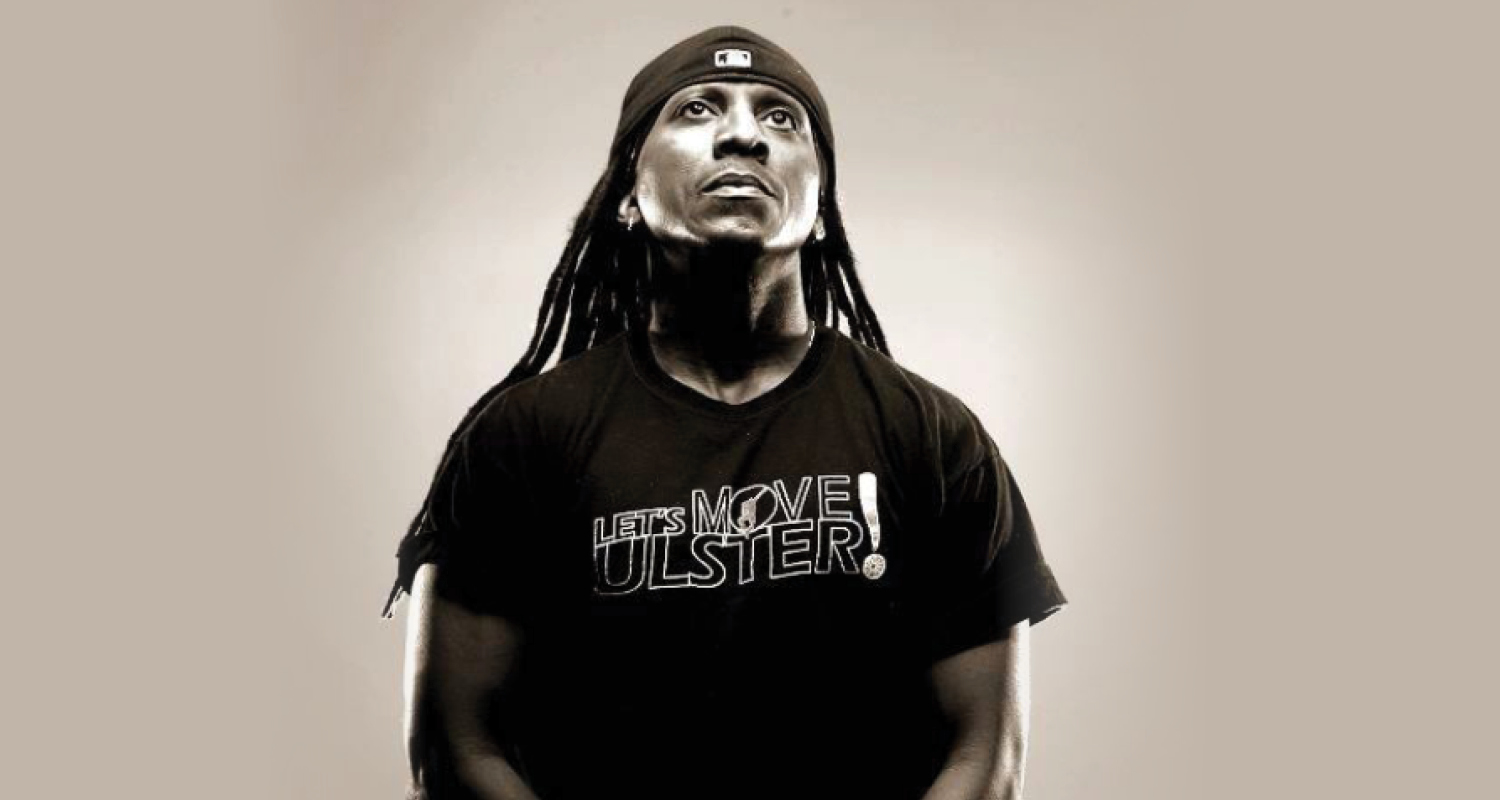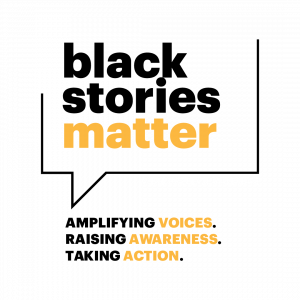(she/her)
Growing up, mom gives Meme, Eddie, Jessy and Hicri her attention and cares for them. Me, I’m known as the ugly child. Not the beautiful one with the nice hair. No, I’m the smart one. I’m the “Black Bitch”.
I call my mother by her by her name, Alzonia. I don’t call her mom, because she doesn’t mother me; she doesn’t protect me, or show me love, or care for me. All she does is drink and then look for men to love her. We never have enough food, clothes or anything. I hate my mom and despise her weakness. I always want to ask her, “Why Mom?” I want to tell her how angry I am at her.
Now, she has Abe in the house. He fights with her and beats her. He gets fresh with me. One day I come into the house after mom has left to cash the monthly SS check, so it’s just me and Abe. I sit on the top of my bunk bed, rocking back and forth in fear. I daydream to soothe myself.
“One day I am going to meet a guy named Randall Grant and he is going to love me,” I tell myself. “We’re both going to finish school and get married. He’s going to get a good job and have a lot of money; we are going to get married. I’m going to be special to him. He’s going to shower me with precious gifts and love.”
I hear Abe come into the kitchen. My self-soothing fairytale halts and I’m quickly filled with rage. I think, ”If he comes in the kitchen and takes his dick out again, I am going to cut it off.”
I enter the kitchen, pick up the big cutting knife by the stove, and begin patting it in the palm of my hand. I was right — Abe has his dick out of his pants. But when he sees the knife he puts it back in his pants and goes to the back room.
I head back to my top bunk bed thinking, I am so sick of this shit. I soothe myself again, rocking back and forth, daydreaming of marrying a Randall Grant. My daydreaming is interrupted when I hear my mom come back. I jump off the bed and run to her.
“Mom when you were out, Abe took his dick out again!” I shout. “Mom, do you hear me? You need to throw his ass out of the house!”
My mom replies, “Ah, Lynn, that’s nothing.”
She walks to the back room and my anger grows. I grab the bottle of Clorox and follow her.
I shout, “Mom, move out of the way!” and then throw the contents of the open bottle in Abe’s direction. Abe gets Clorox in his eyes.
I keep shouting, “I’m tired of this fucking bullshit, Mom. This motherfucker took out his dick. I keep telling you and you do nothing! I’m going to kill this motherfucker!” I am full of rage and know I have to leave this house — this house of no love, no protection, no care, nothing. I’d better leave before I kill someone.
Even though I’m only 15 years old, I do leave. I move into Covenant House in the East Village. That’s where I do the rest of my growing up.
Somehow, with no support, I manage to graduate high school and college, where I obtain my B.A in Psychology. After graduation, I work part-time in the bursar’s office at The New School for Social Research.
I see him come up to the counter. I’ve never been one to hide how I feel and while I process his registration, I say to him, ‘Wow! You are fine! What’s your name?” He just smiles at me. “Here, let me give you my number?” I say.
He calls me and invites me out. I tell him all about me and my life growing up on the Lower East Side, and he tells me all about growing up in Morocco.
We get married. We build a life together. We have four children. We don’t have much, but we take care of all of all the kids. I work hard to not be like Alzonia, making sure my children have a safe and loving upbringing.
But then, after 27 years of marriage, he throws away our history of trust, honesty, loyalty and friendship by getting involved with another woman. It really fucks up my self-esteem.
It never occurred to me that while I was working hard for the family, being a good, loyal Muslim wife, caring for our four children and supporting his endeavors, I had been sacrificing my career and ambitions. I was neglecting me.
He thinks because he controls the money, I’m going to stay. But my peace and my purpose in life are more important than anything. I leave amicably, relinquishing my power back to me.
I start to look for work. I have an interview scheduled, however I don’t have any clothes to wear. My clothes are in storage and my storage fees are overdue, so I can’t get them.
Luckily, someone refers me to Bottomless Closet. Not only do I get a full outfit for my interview, but they also assist with updating my resume and provide interview training. I take workshops in personal enrichment, professional development and financial planning.
I’m still legally homeless and unemployed, but I am happy. Now I know all the negligence and negative experiences made me the strong, compassionate, intelligent, powerful, courageous and determined woman that I am today. I’m full of resilience and work hard for what I want. I sometimes feel lonely but I don’t accept less than what I deserve. I’m living my life, my story, my way and it is possible in this world.
I may never find my Randall Grant, but today I know I am not alone. I am supported. I am loved. I am healed.

